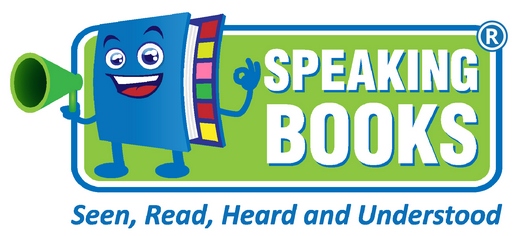Afia: Breaking Taboos in Afghanistan
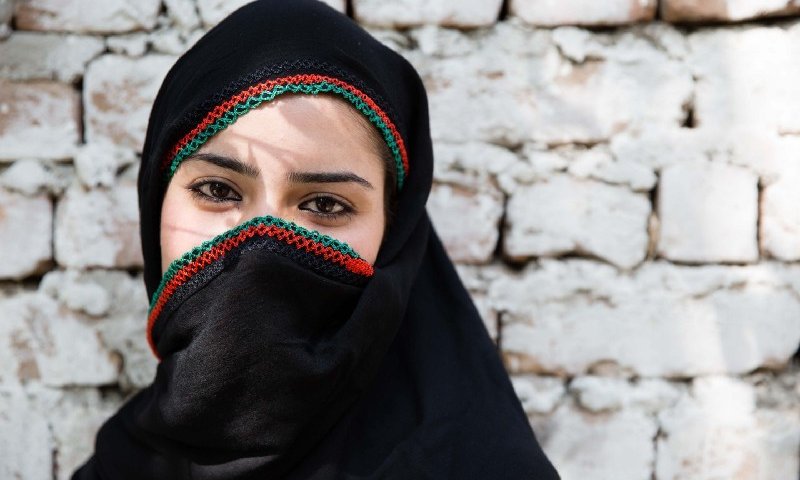
Afia’s story, sent to us by UNICEF Afghanistan is an excellent account describing the enormous challenges facing UNICEF Mobilisers and Rotary Volunteers in educating local and vulnerable populations against Polio
Speaking Books is proud to partner with UNICEF and Rotary International to ensure the Polio messaging is seen, read, heard and understood.
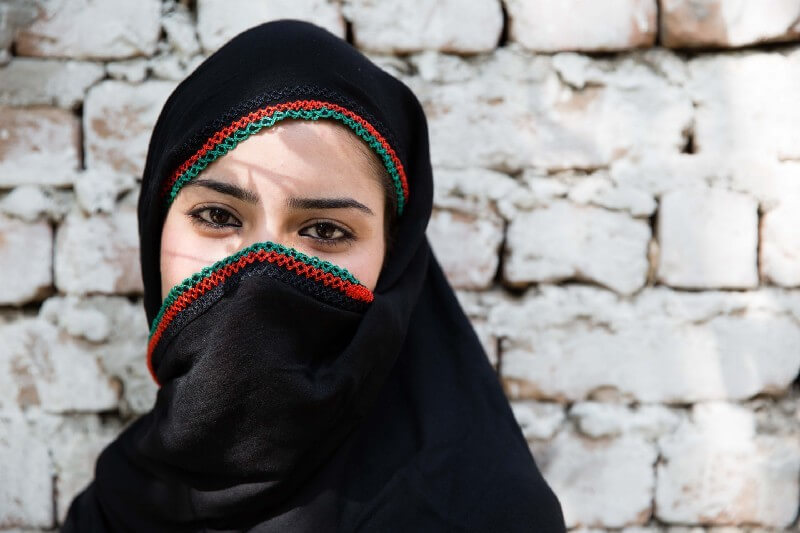
Beheaded sheep hang tenderly on hooks, waiting to be bought. Men sit on stones, kneading bread in thick leather sandals. Blonde, dirty sand drifts into windowless solid mud compounds that neatly line the street.
This is rural Afghanistan: one of the hardest places to be a woman.
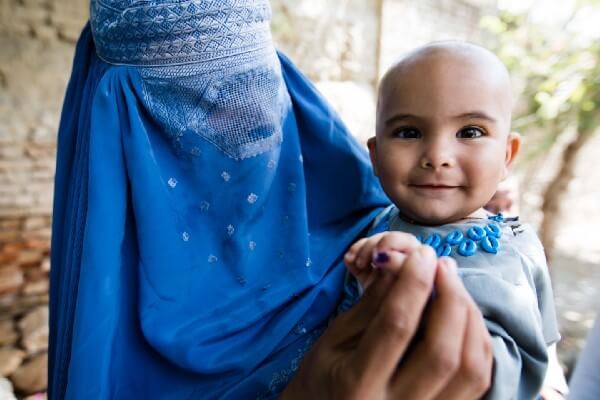
Occasionally, one might see a cerulean soft piece of cloth floating down a busy street. Kabulis call them ‘blue ghosts’: women covered in burkas.
Often absent from public life, most women are confined to their homes. Many have been denied an education, resulting in a dangerous and widespread illiteracy endemic. In some provinces, over 98% of women can’t read or write their own name. With almost half its workforce out of action, Afghanistan’s economy is struggling to grow.
Uneducated and without work, women are dependent on men for everything. They are financially suffocated, unable to escape domestic violence or pay their way out of poverty.
“Most women must ask their husband’s permission to work. Many requests are refused; and some have paid the ultimate price. A woman’s place is in the home; chained to the kitchen, and married young,” explains Afia.
Afia works for one of the biggest female workforces in Afghanistan: a national team fighting the polio endemic. At just 21 years old, Afia is defying traditional norms that forbid women from working outside the home. She works for UNICEF Afghanistan to teach her community about the polio.
Afghanistan is just one of three countries — including Nigeria and Pakistan — that still carries the crippling disease. Inaccessible areas and distrust are preventing global eradication.
Sometimes this job is difficult because people think the vaccine is not Islamic, or they don’t trust where it comes from,” says Afia. “Contrary to medical advice, some community leaders advise against children taking polio drops because they think it is foreign and not to be trusted. It is my responsibility to explain why the vaccine is so important. I want to play my part,” she continues.
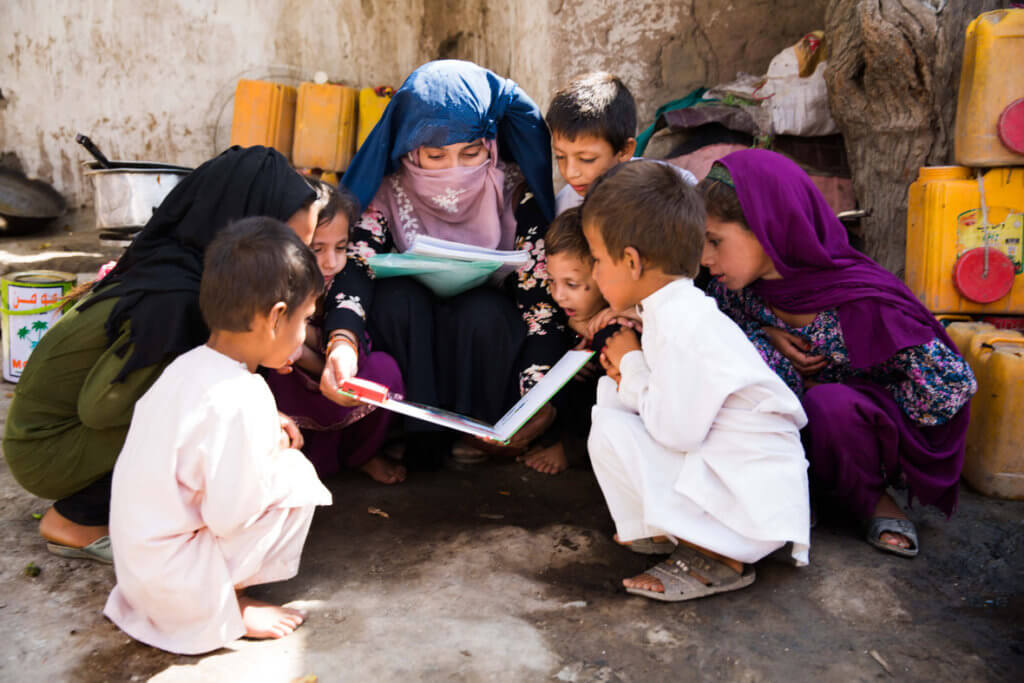
Not only is Afia helping to prevent polio, but she is showing women what is possible: “As a young woman, I am proud to work. Actually, it is important women do this job because we are allowed into the family home so we can check that each child is vaccinated. Men can’t do that, and sometimes children miss their vaccine.”
She stands boldly in the middle of the street, commanding her 15 protegees. Blue cloth overwhelms the rubble. This is the future of Afghanistan, and polio eradication is leading the way.
Delivered for World Polio Day, Polio Plus Partners funded 7000 Speaking Books “Grandpa Knows Best; A Story of Polio” with 16 pages of easy to understand text, illustrations and a sound track recorded in Dari and Pashto are being distributed by UNICEF health workers as well as Rotary volunteers to reach the most vulnerable population with critical life saving messages.
For Further Information, Please Contact
Brian Julius bj@speakingbooks.com
